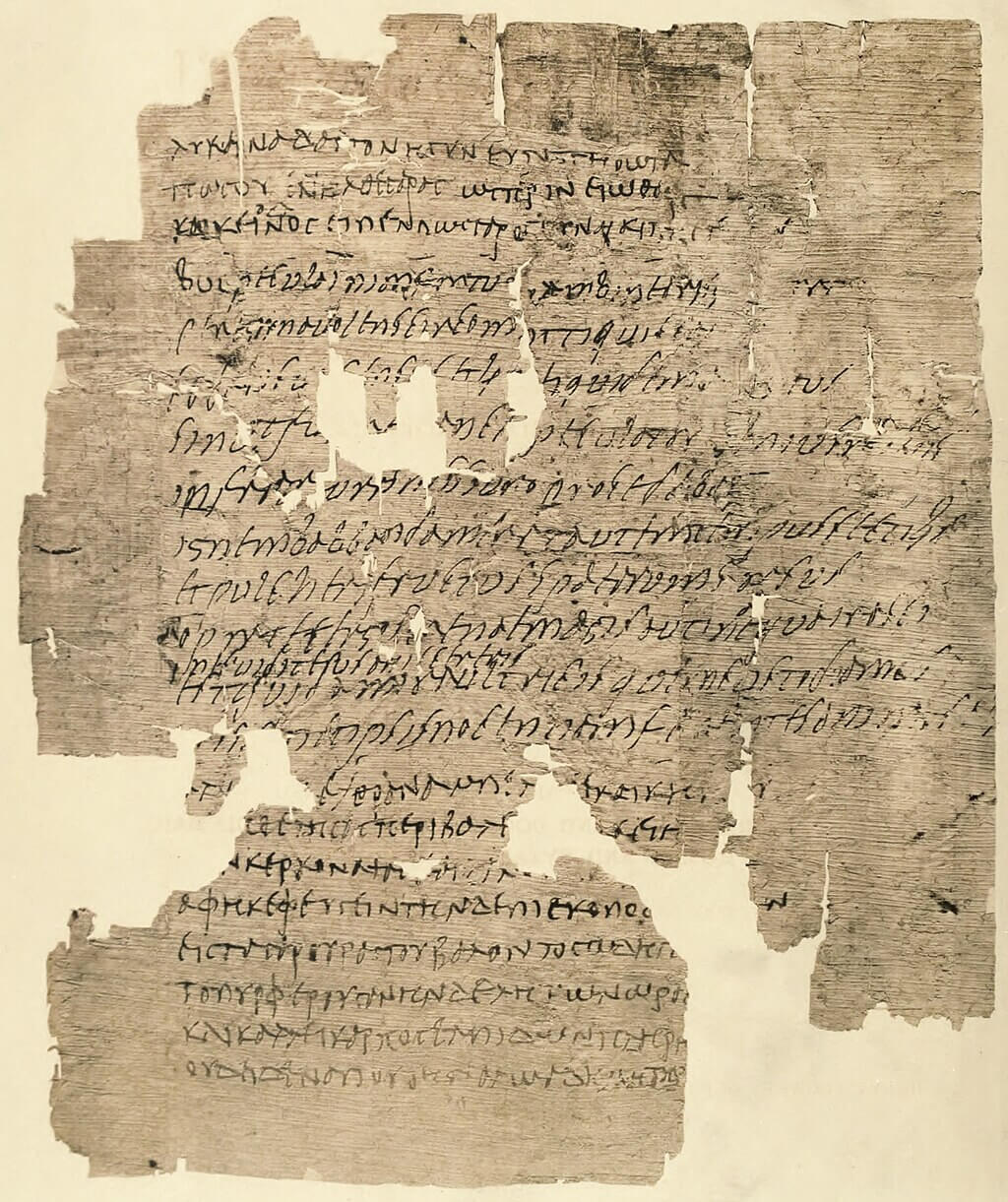Works

Aesopic Fables | Babrius
Μυθίαμβοι Αἰσώπειοι
Babrius’ versified fables were originally published in two books (most likely; cf. Avianus’ preface) that contained roughly 200 poems. 143 survive in metrical form across five manuscripts, and a further 57 are known from prose adaptations and summaries. The first book addresses a—perhaps fictional—child named Branchos (“ὦ Βράγχε τέκνον”), presumably a pupil of Babrius, while the second book is dedicated to the son of a king Alexander (“ὦ παῖ βασιλέως Ἀλεξάνδρου”). While it is possible that these are one and the same individual, the two prefatory dedications differ in content noticeably, and the latter suggests that the second book was...

The Aesopic Fables | Phaedrus
Phaedri Augusti Liberti Fabularum Aesopiarum
Phaedrus' corpus of five books is the first known collection of fables in antiquity meant to be read and enjoyed on its own literary merit. Previously, such volumes were primarily reference books for rhetorical use (see the Aisopeia of Demetrius of Phaleron, 4th C BCE; cf. Αἰσωπείων ἀ, Diog. Laert. 5.80; Phaedrus himself presumably made use of one such book, if not that of Demetrius). This work, like that of Babrius, was written in verse, perhaps as a way to set it apart from earlier collections that were designed to be mined for material and influence, and the meters no...

Fables | Aesop
The fable (ainos, mythos, logos) as a form of Greek storytelling is at least as old as Hesiod (Op. 202-212; 8th C) and Archilochus (fr. 174; 7th C), and by the 5th century, we find references in Herodotus (2.134) and Aristophanes to Aesop as a writer of fables, i.e. a logopoios or a mythopoios. Much like the works of Homer, Aesop’s Fables were not at first written and compiled in an authoritative collection, but the name held some generic authority in 5th C Athens. Indeed, Aristophanes’ Birds contains the insult that an ignorant character has not “frequented Aesop” (“οὐδ᾽Αἴσωπον πεπάτηκας”,...